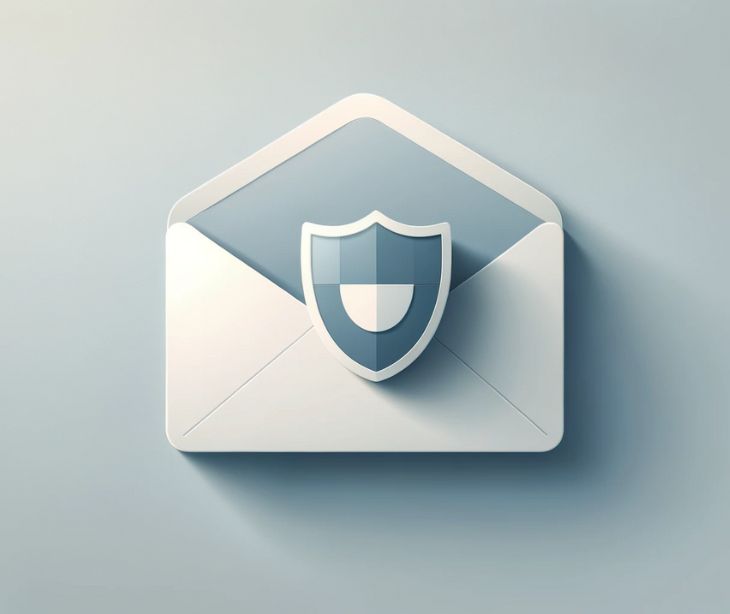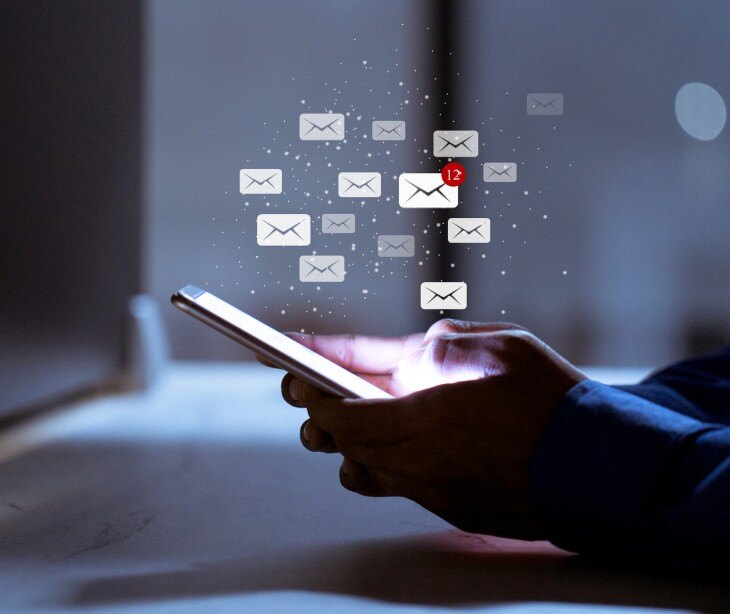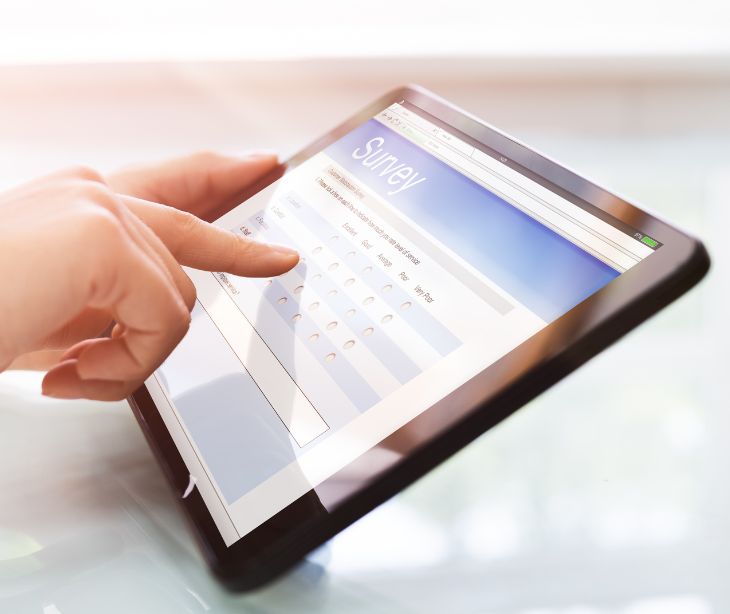
Even in their personal emails, healthcare professionals handling protected health information (PHI) are bound by the requirements of HIPAA compliance. This ensures the privacy and security of sensitive patient data, regardless of the communication medium.
Steps to make your personal email account HIPAA compliant
- Use a secure email provider: Choose a HIPAA compliant email service, like Paubox, that offers security measures, such as encryption and secure transmission protocols, and will sign a business associate agreement.
- Implement strong passwords: Create unique, complex passwords for your email account and change them regularly.
- Be cautious with attachments: When sending PHI via email, ensure any attachments are encrypted. Services like Paubox do this automatically, or you must use secure file-sharing services instead of attaching files directly.
- Limit access and sharing: Only share PHI with authorized individuals involved in patient care or related activities.
- HIPAA compliance training: Familiarize yourself with HIPAA regulations regarding PHI protection, including proper handling, storage, and disposal of sensitive data.
- Regularly update software: Keep your operating system, antivirus software, and other applications up to date to protect against potential vulnerabilities that could compromise the security of your personal email account.
Go deeper: How to send HIPAA compliant emails
HIPAA compliance limitations on personal emails
While you can take steps to make your personal email more HIPAA compliant, there are inherent limitations when it comes to personal email accounts and complete HIPAA compliance:
- Free email services, like Gmail, are not designed to handle PHI, and their security and privacy features may not be as robust as those found in dedicated healthcare email systems. You may not have full control over the server and infrastructure, which makes it difficult to ensure security and data protection.
- Individuals using personal email for healthcare-related communication may find it challenging to enforce strict access controls, especially when sharing PHI with multiple parties. Personal email services may not offer the same level of user management and access tracking features as professional healthcare communication platforms.
- HIPAA compliance also requires you to have business associate agreements (BAAs) in place when sharing PHI with third-party service providers. While this is a standard practice for healthcare organizations, personal email services typically do not sign BAAs with individual users.
- When encrypting emails, extra steps are involved, which often lead to human error and unintentional HIPAA violations. Encrypting all emails by default is the safest approach to HIPAA compliance.
Related: Microsoft 365 versus Paubox: which is easier? (2023 update)
Alternatives to personal email accounts
Despite being commonly used for personal and professional communication, free Gmail accounts are not made to comply with HIPAA's security and privacy regulations. Google won't sign a business associate agreement for free Gmail accounts. To be compliant, you must switch to an email platform that is HIPAA compliant, like Google Workspace.
What is Google Workspace?
Google Workspace is a comprehensive set of tools for collaboration and productivity that may be set up to comply with HIPAA regulations. Changing from a free Gmail account to a Google Workspace account gives you access to the administrative controls and improved security capabilities required for securely managing PHI. However, Google Workspace alone isn't enough for HIPAA compliance.
Subscribe to Paubox Weekly
Every Friday we'll bring you the most important news from Paubox. Our aim is to make you smarter, faster.




